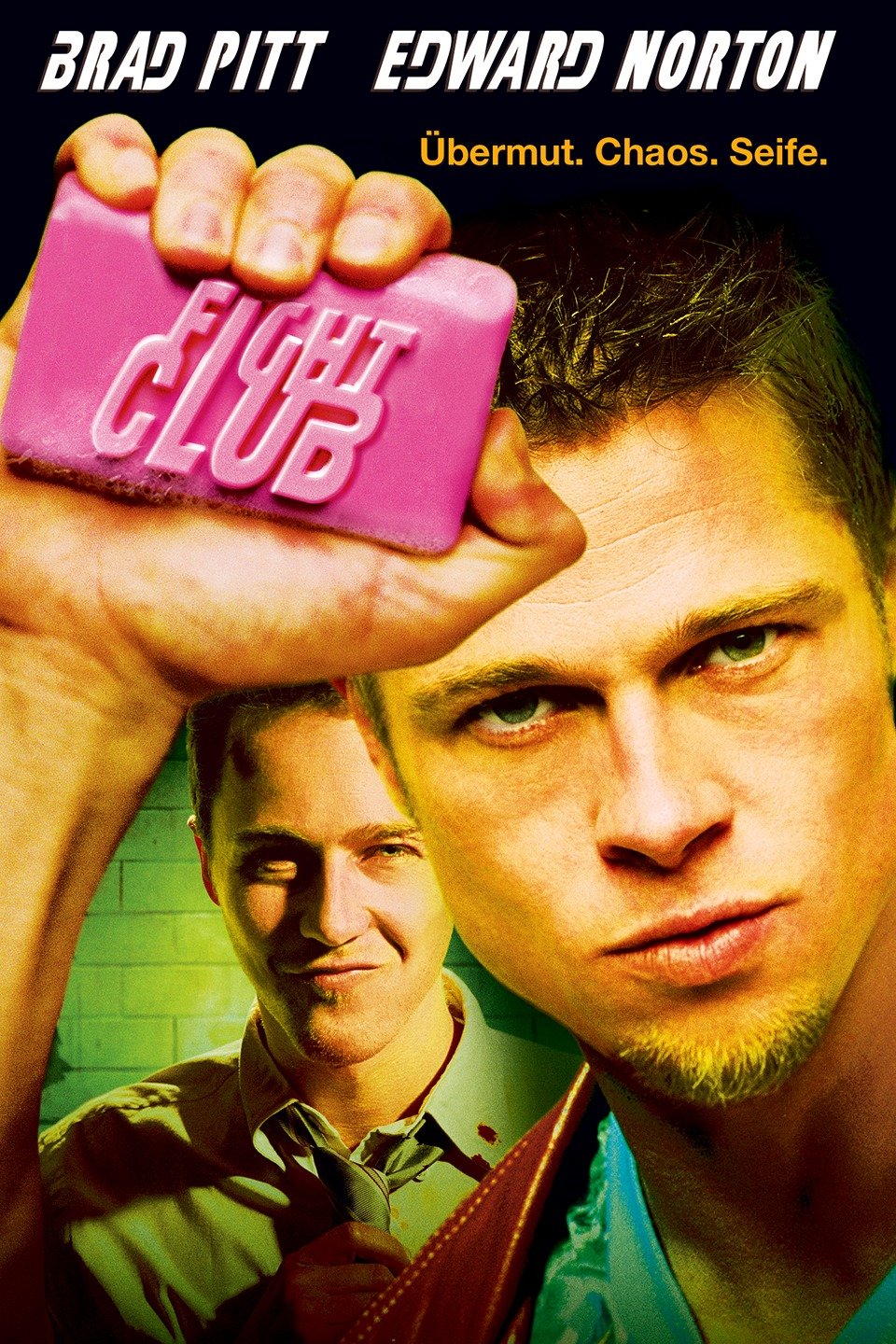Hello and welcome back to my blog! Last time, I spoke about how celebrities perceive mental health online. Today, I will be talking about “How does the media (Hollywood industry) showcase mental health through movies and other forms of entertainment?” This is the last question from my research rounds and is one I am most passionate about. The reason I chose this as one of the 3 mini questions is because in recent years, the media has been talking a lot more openly about mental health. In this post I will be talking all about how they do it and particular examples of positive and negative times they have done so.
 Hollywood, the movie industry, social media, and media in general has shown to influence the human mind. Movie “make us think” (1). All types of movies make us think in a different way. Romantic ones might give us a different perspective on love while comedies might show us what genuine laughter is about. Movies on more serious topics like physical or mental health can make us think deeper and can affect the way we think as well. Movies like It’s Kind of a Funny Story, Little Miss Sunshine and Fight Club talk openly about mental health issues. (2) This helps the audience understand that the stigma behind mental health should be removed. It’s Kind of a Funny Story shows us how although while suffering through mental health problems one might have to receive help, they “can help others, too”. It helps the audience understand that it is okay not to be okay as long as one receives the help they need (2). Little Miss Sunshine is a movie about “mental illness, depression, suicide,” and talks about it all “whether it’s for the good or the bad” (3). This movie did a really good job explaining mental health and was for sure one of the most famous movies that has helped try to get rid of the stigma that relates to mental health disorders. The film Fight Club, was also a positive turning point when it came to mental health being portrayed in the Hollywood world because of how it portrayed Dissociative Identity Disorder (DID) a disorder not openly talked about (4). ‘DID’ is a disorder where one feels as though “two or more people talking or living inside your head” (5). The film continues as the main characters condition gets worse. This film staring Brad Pitt and Emma Norton is one of the most famous movies revolving around mental illnesses and is a must watch!
Hollywood, the movie industry, social media, and media in general has shown to influence the human mind. Movie “make us think” (1). All types of movies make us think in a different way. Romantic ones might give us a different perspective on love while comedies might show us what genuine laughter is about. Movies on more serious topics like physical or mental health can make us think deeper and can affect the way we think as well. Movies like It’s Kind of a Funny Story, Little Miss Sunshine and Fight Club talk openly about mental health issues. (2) This helps the audience understand that the stigma behind mental health should be removed. It’s Kind of a Funny Story shows us how although while suffering through mental health problems one might have to receive help, they “can help others, too”. It helps the audience understand that it is okay not to be okay as long as one receives the help they need (2). Little Miss Sunshine is a movie about “mental illness, depression, suicide,” and talks about it all “whether it’s for the good or the bad” (3). This movie did a really good job explaining mental health and was for sure one of the most famous movies that has helped try to get rid of the stigma that relates to mental health disorders. The film Fight Club, was also a positive turning point when it came to mental health being portrayed in the Hollywood world because of how it portrayed Dissociative Identity Disorder (DID) a disorder not openly talked about (4). ‘DID’ is a disorder where one feels as though “two or more people talking or living inside your head” (5). The film continues as the main characters condition gets worse. This film staring Brad Pitt and Emma Norton is one of the most famous movies revolving around mental illnesses and is a must watch!

As shown through the above movies, Mental health is being talked about more openly in movies, specifically Hollywood more recently. Some say the media tries to exaggerate what most mental illnesses are about. They tend to associate “negative reactions to the mentally ill, including fear, rejection, derision and ridicule” (6). Although this is the case, I believe it is a start to talking more openly about something that affects nearly 50% of the world population. Even though mental illnesses most of the time don’t have a straight answer as to why they are caused, the topic being talked about more openly in Hollywood and in the media helps those who might feel like they are alone, seen. It makes them feel as though they are not wrong for feeling the feelings they are feeling which in my opinion is a good start to a long road ahead (7).
In my next blog post I will focus on my reflection regarding my semester 1 project. Thank you so much for following me on this journey of understanding “How is Mental Health spoken about in Pop Culture?” I look forward to sharing with you my reflection and future projects 🙂
Citations:
- Elezaj, R. (2019, December 2). How do movies impact our societies. YourStory.com. Retrieved from https://yourstory.com/mystory/how-movies-impact-societieshttps://www.menshealth.com/entertainment/g35630957/mental-illness-movies/2.
- Romano, E. (2021, April 30). 18 great movies that tackle mental illness. Men’s Health. Retrieved from https://www.menshealth.com/entertainment/g35630957/mental-illness-movies/
- Gregory, B. (2020, June 30). Little miss sunshine: It’s OK to not be OK. Peculiar Picture Show. Retrieved from https://peculiarpicture.show/2019/06/29/little-miss-sunshine-its-ok-to-not-be-ok/
- Fight Club. Psychological disorder in fight club. (n.d.). Retrieved from https://www.ipl.org/essay/Psychological-Disorder-In-Fight-Club-FKZFYSFBUXFT
- Mayo Foundation for Medical Education and Research. (2022, December 13). Dissociative disorders. Mayo Clinic. Retrieved from https://www.mayoclinic.org/diseases-conditions/dissociative-disorders/symptoms-causes/syc-20355215#:~:text=Dissociative%20identity%20disorder.,re%20possessed%20by%20other%20identities
- H;, S. (n.d.). Media portrayal of mental illness and its treatments: What effect does it have on people with mental illness? CNS drugs. Retrieved from https://pubmed.ncbi.nlm.nih.gov/16478286
- Centers for Disease Control and Prevention. (2021, June 28). About mental health. Centers for Disease Control and Prevention. Retrieved from https://www.cdc.gov/mentalhealth/learn/index.htm#:~:text=Mental%20illnesses%20are%20among%20the,some%20point%20in%20their%20lifetime.&text=1%20in%205%20Americans%20will,illness%20in%20a%20given%20year.
